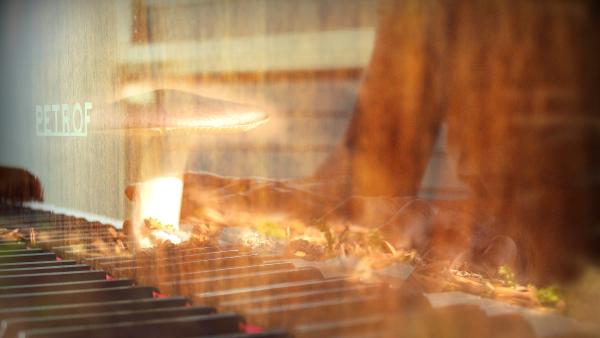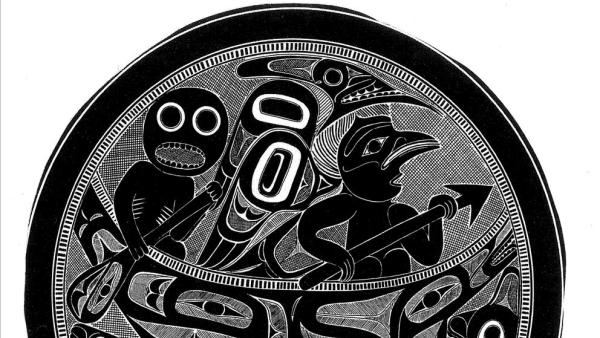
The time a person spends carrying their child during a pregnancy is only a brief time compared to the time they'll spend being a mother, but as Amanda Henry shares in her story, that time goes differently for everyone, shaping who you are and what impact you'll go on to have on the world around you.More
































